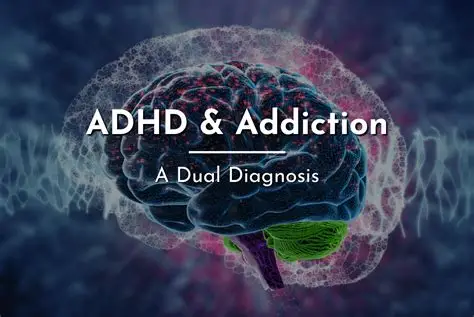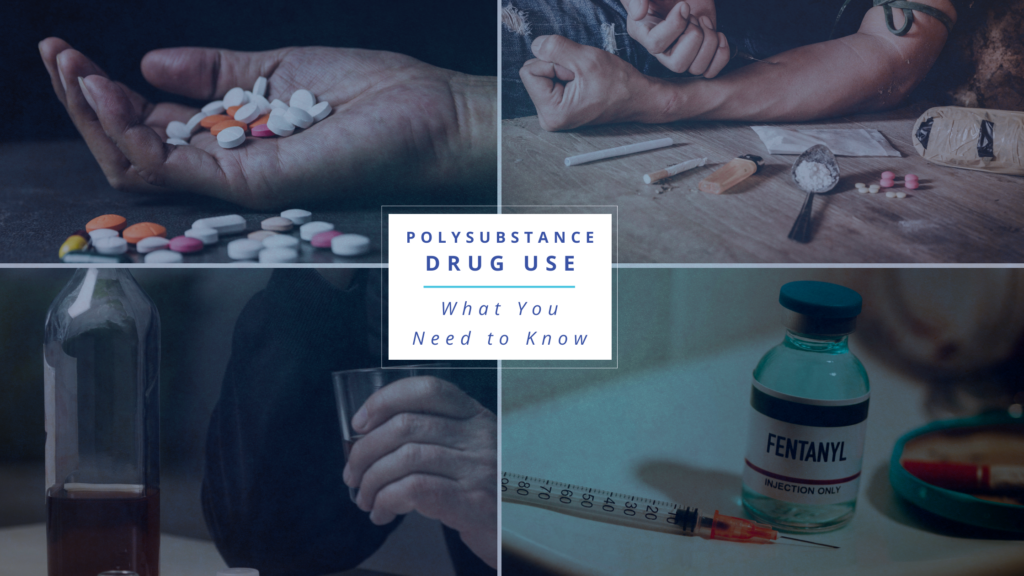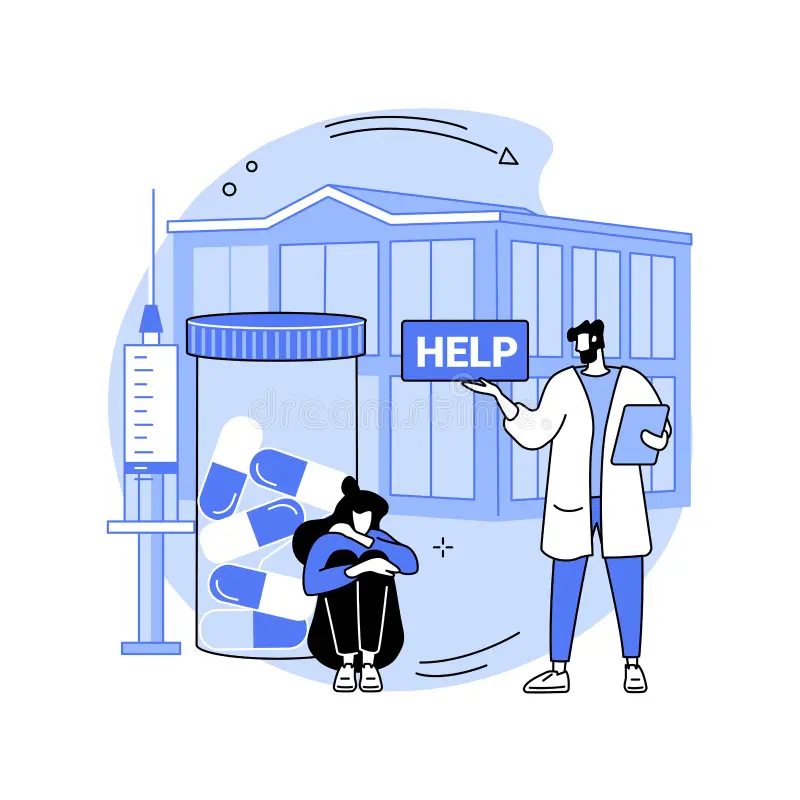Love Addiction vs. Healthy Love
Love can sweep you off your feet or leave you uncertain and lost. Finding your way between love addiction and healthy affection isn’t always straightforward, especially when intense emotions are involved. Recognizing where genuine, healthy connections end and obsession or dependency begin can make a huge difference in your emotional well-being. I’m going to break … Read more









